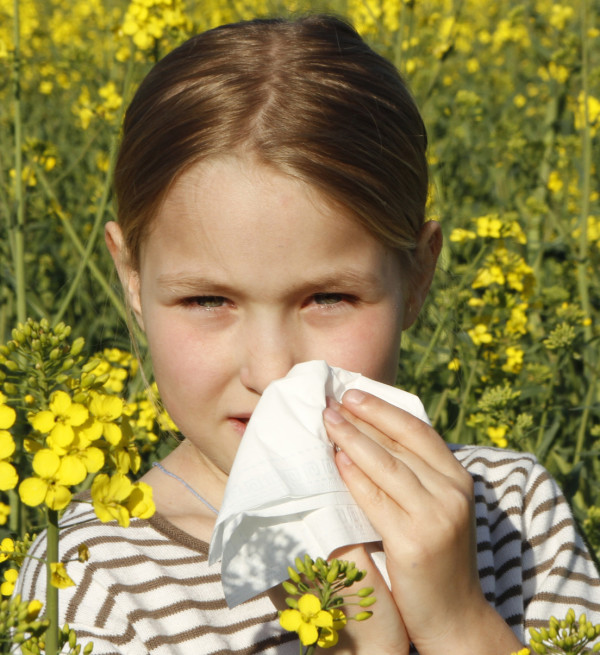
Allergies are very common affecting approximately 20% of adults in the United States. Children and adults often complain of itchy eyes, nose, ear, or mouth, an irritating cough or drip in the back of their throat, headache and congestion. The symptoms can lead to decreased school and work performance. For these reasons, children and adults seek advice from a board certified allergist to obtain the best individualized care.
Common Allergic Triggers?
Tree, grass, weed, ragweed and molds are common triggers for seasonal allergy sufferers. Pet dander (dog, cat, guinea pig, and rabbit), dust mite, and mold are common reasons for indoor allergy sufferers. Many people have multiple sensitivities and experience year-round symptoms that worsen during peak pollen seasons.
Risk of Allergic Rhinitis Based on Family History
If both your parents have allergies, you have a 75% chance of being allergic. If one of your parents is allergic, or one of your relatives from either side has allergies, you have a 30-40% chance of having some form of allergy yourself. If neither parent has allergy, you have a 10-15%.
Diagnoses
When diagnosing an allergic disease, an individual’s medical history is just as important as the results of an allergy test. Allergy skin testing is offered to help determine which allergen is contributing to your symptoms and can be performed within minutes by a trained allergist. Allergists use their training to combine the findings from your medical history and the skin tests to come up with the best individualized treatment plan for you. Skin testing is generally the most accurate and preferred method for diagnosing allergies. There may be instances when blood tests will be ordered because a patient cannot stop medications for skin testing or the results of skin testing are unclear. If the skin or blood test results are inconsistent or unclear, a Board Certified Allergist uses the results of fellowship training to make a final diagnosis.
Treatment for Allergic Rhinitis includes:
There are many ways of treating allergies and each person’s treatment plan should be individualized to help them live a productive, normal life.
- Avoidance measures
- Medications such as oral antihistamines, nasal antihistamines, decongestants, and nasal steroids
- ALLERGY SHOTS (IMMUNOTHERAPY)
Allergy shots can cure many people with nasal and ocular allergy symptoms and can help prevent the development of asthma. They are very effective in improving symptoms while reducing the need for medications and the side effects from medications. By giving a very small amount of the allergen in regular intervals, the body develops regulatory cells that balance the immune system. Over time, the patient can tolerate increased amounts of allergen. Allergy shots are effective in 85-90% of people. It is important to customize a program that accommodates one’s work and home obligations. A Board Certified Allergist will customize an appropriate mix of allergens and doses required to elicit a change in your immune system.


